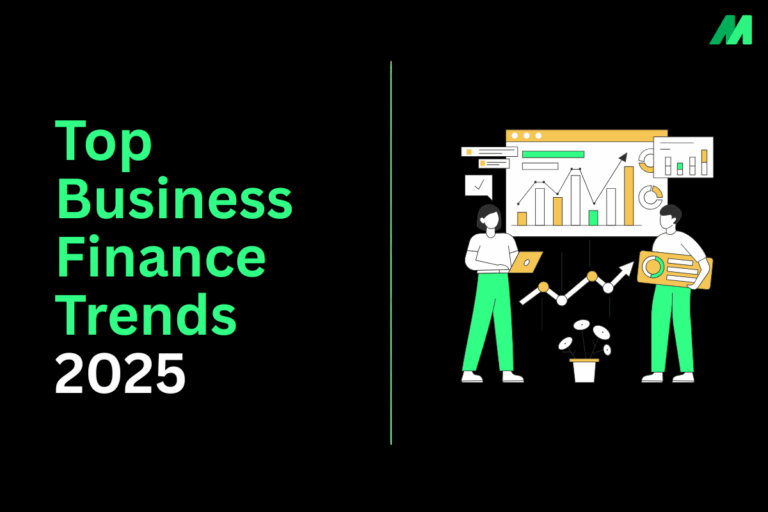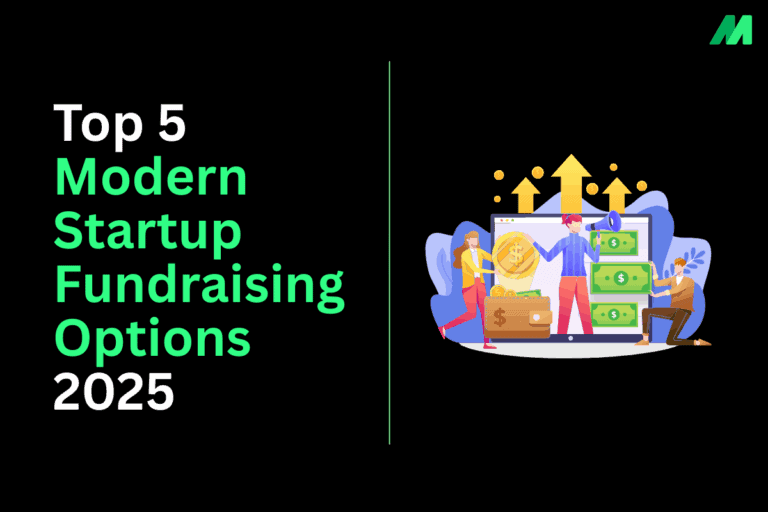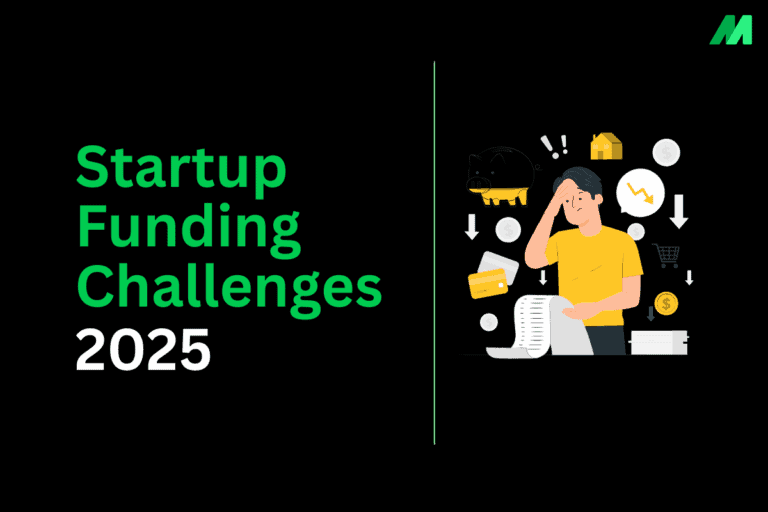Imagine planting a money tree. In the first few years, it barely grows. You water it, feed it, talk to it (maybe cry a little), and wonder if it’s even alive. But then, boom, it shoots up like it’s been secretly hitting the gym. That’s compounding for you.
Most people give up before the tree even sprouts. But those who stick around? They’re the ones sipping coconut water on a beach while their portfolio does the heavy lifting.
Why Is the First Crore the Slowest (and Most Annoying)?
Let’s say you invest ₹1 crore at a 12% annual return. Here’s how the journey unfolds:
| Milestone | Time Taken |
| ₹1 crore → ₹2 crore | 6 years |
| ₹2 crore → ₹3 crore | 3.5 years |
| ₹3 crore → ₹4 crore | 2.5 years |
| ₹4 crore → ₹5 crore | 2 years |
| ₹5 crore → ₹6 crore | 1.5 years |
| ₹6 crore → ₹7 crore | 1.4 years |
| ₹9 crore → ₹10 crore | 1 year |
Notice the pattern? The time to earn each additional crore shrinks as your corpus grows. That’s compounding in action. Your money starts working harder than your office Wi-Fi during Zoom calls.
The Math Behind the Magic
Let’s take a more relatable example. You invest ₹10 lakh at a 12% annual return and leave it untouched:
- Year 1: ₹11.2 lakh
- Year 5: ₹17.6 lakh
- Year 10: ₹31 lakh
- Year 15: ₹54.8 lakh
- Year 20: ₹96.5 lakh
- Year 25: ₹1.7 crore
- Year 30: ₹3 crore
You didn’t add a single rupee after the initial ₹10 lakh. But by year 30, you’re sitting on a small fortune. That’s compounding, quiet, powerful, and underrated.
Why Most People Bail Too Early?
Here’s the sad truth: most investors ghost their portfolios in the first 5 years. They see slow growth, get bored, and move on to crypto, NFTs, or whatever their cousin is hyping on Instagram.
But compounding is like a Netflix series with a slow first season. You’ve got to stick around for the plot twist.
Tips to Make Compounding Work for You
If you want to ride the compounding wave, here’s your cheat sheet:
- Start early: Even ₹2,000/month in your 20s beats ₹20,000/month in your 40s.
- Stay invested: Don’t interrupt the magic. Let it build.
- Avoid withdrawals: Every time you pull money out, you reset the clock.
- Increase your SIP: Step it up by 10% every year to match your income.
- Don’t chase returns: A consistent 12% beats a risky 20% that crashes.
Common Mistakes That Kill Compounding
Let’s talk about the villains in this story:
- Timing the market: You can’t. Stop trying.
- Delaying investments: Every year you wait costs you lakhs.
- Overreacting to volatility: Markets dip. Chill.
- Ignoring inflation: Your money needs to grow faster than prices.
- Not diversifying: Don’t put all your eggs in one mutual fund.
Einstein Called It the 8th Wonder of the World
Albert Einstein once said, “He who understands it, earns it. He who doesn’t, pays it.”
Translation: If you get compounding, you’ll be rich. If you don’t, you’ll be paying off someone else’s yacht.
Gen Z Slang for the Finance Nerds
- Compounding = Glow-up for your money
- SIP = Set It and Forget It
- Corpus = Your financial clout
- Returns = Passive flex
Final Thoughts: The First Crore Is the Hardest
Compounding is like a snowball rolling downhill. It starts slow, but once it picks up speed, it’s unstoppable.
The first ₹10 lakh feels like a grind. The second comes faster. By the time you hit ₹1 crore, you’re cruising. And from ₹9 crore to ₹10 crore? That’s just a victory lap.
So if you’re staring at your portfolio wondering why it’s not growing, hang in there. The magic is coming. You just have to give it time.
Because in the world of compounding, patience isn’t just a virtue, it’s a wealth strategy.




